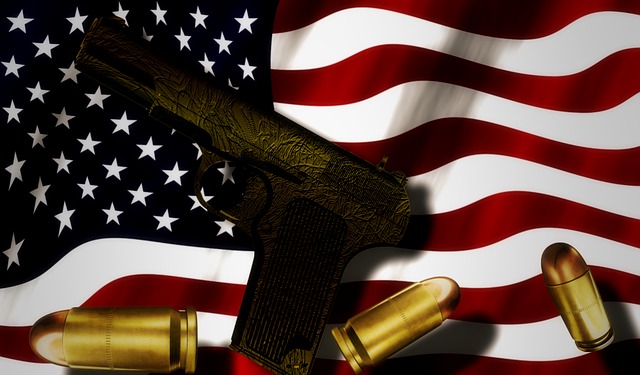


July 4 Gun Violence Yields Bumbling Responses
By Nicole Schuman for PR News
In what continues to be one of the most deadly years for gun violence in America, a usually celebratory day, July 4, turned tragic across multiple cities.
A shooter in Highland Park, Ill., a Chicago suburb, opened fire with a high-powered firearm on a crowd watching a parade. The incident left seven people dead and nearly four dozen injured.
Another tragic event occurred in Philadelphia, when shots rang out during the city’s fireworks display. Two police officers suffered gunshot wounds.
Poor Response
As citizens looked to leadership to make sense of the incidents, unfortunate sound bytes emerged. Illinois state senator Darren Bailey spoke about Highland Park when a scheduled parade 14 miles south, in Skokie, Ill., was canceled in the shooting’s wake.
The Republican nominee for governor used a tone that seemed to brush off the shooting. “Let’s pray for justice to prevail, and then let’s move on and let’s celebrate the independence of this nation,” he said.
Bailey has since apologized.
In Philadelphia, mayor Jim Kenney expressed frustration with gun violence late Monday. Sounding a bit like former BP chief Tony Hayward’s selfish gaffe during the BP oil spill, Kenney said worrying about gun violence had sapped his desire for the job.
“Until Americans decide that they want to give up the guns, and give up the opportunity to get guns, we’re gonna have this problem,” he said, before adding: “I’ll be happy when I’m not…mayor.”
And last we checked, New Hampshire house majority leader Jason Osborne still had not removed a July 3 tweet encouraging the public to buy more rounds for AK-47s instead of hot dogs.
Instead of spending $20 more than last year on your Independence Day hot dogs, lay off the calories and grab a few more rounds for your AK-47. You’ll thank yourself later.
— Jason Osborne (@Osborne4NH) July 4, 2022
A Better Response
Ben LaBolt, partner, Bully Pulpit Interactive, says the statements above lack the major components of empathy and leadership.
“From mourning parents to concerned citizens,” LaBolt says, “we turn to our leaders in troubled times to understand why something happened. And what can be done to prevent it in the future.”
For the rest of this article, click here.